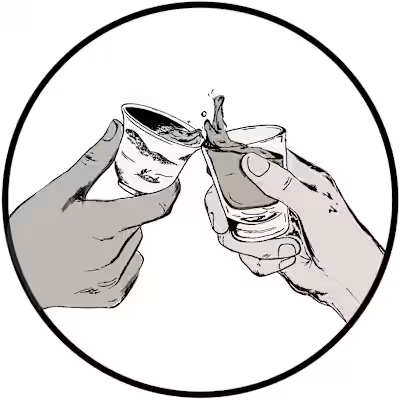Article and Script Writing for Law and Tech Society
Description of work:
I have experience writing newsletter articles and podcast/YouTube episode scripts regarding the intersection between technology, law, and business for my university. These scripts were designed to compile new developments and break down that information to a digestible level for university students.
Example of work:
Intellectual Property Headline: The Court of Appeal has ruled that an AI system cannot be named patent inventor
Isabelle Lee, Year 2 LLB
Dr Stephen Thaler, founder of Imagination Engines, launched a challenge against the UK Intellectual Property Office after it refused to approve two patent applications which would have listed Dabus, an artificial intelligence machine, as the inventor of a novel food container. Despite being the creator of Dabus itself, Thaler firmly believes that the AI system should be given credit for the creative process of developing the new product.
The IPO rejected the application in 2019 on the basis that UK legislation only recognizes inventorship from 'natural persons'.
The case went to the High Court, where Thaler lost, and then moved to the Court of Appeal. In the late weeks of September 2021, Thaler's appeal was dismissed in a 2-1 judgment. The panel confirmed that a patent is a statutory right that can only be granted to people--bad news for Dabus.
Thaler has launched similar actions in multiple jurisdictions. While his bid to win Dabus recognition as an inventor has also failed in the US, DLA Piper has suggested that one path moving forward is to list the humans involved in the final stages of the creation process as the inventors (similarly to what has been done in the realm of AI drug discovery).
Lord Justice Birss, who held the minority opinion, would likely agree. Interestingly, he believed that there was simply no name that the IPO had to mention on the patent, because no human inventor could be identified and the law did not require one to be listed at all. On the other hand, had Thaler simply put himself down on the application, this whole mess could have been avoided, he noted, calling Thaler 'an obsessive'.
Some academics are still keen for a reevaluation and potential widening of patent law rights, however, as the implications of this case go beyond Dabus licking its wounds and tucking its tail. As AI technology gets more and more sophisticated, its role in the inventive process--and the question of machine rights--is bound to stretch the limits of traditional notions of intellectual property.
Sources/read more:
Like this project
Posted Sep 3, 2023
I researched trending topics and wrote engaging and well-sourced articles regarding the development of technology in the world of law and business.
Likes
0
Views
3






